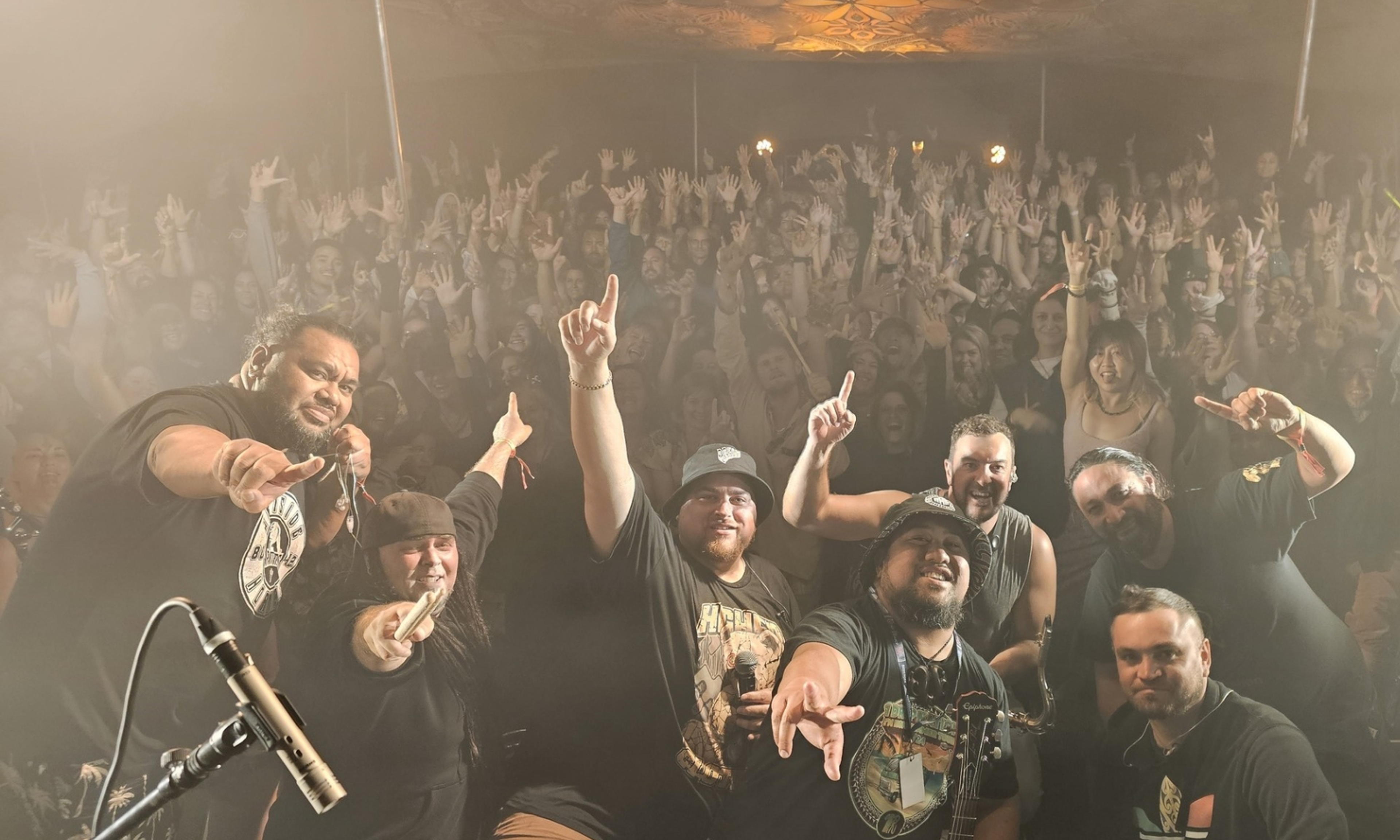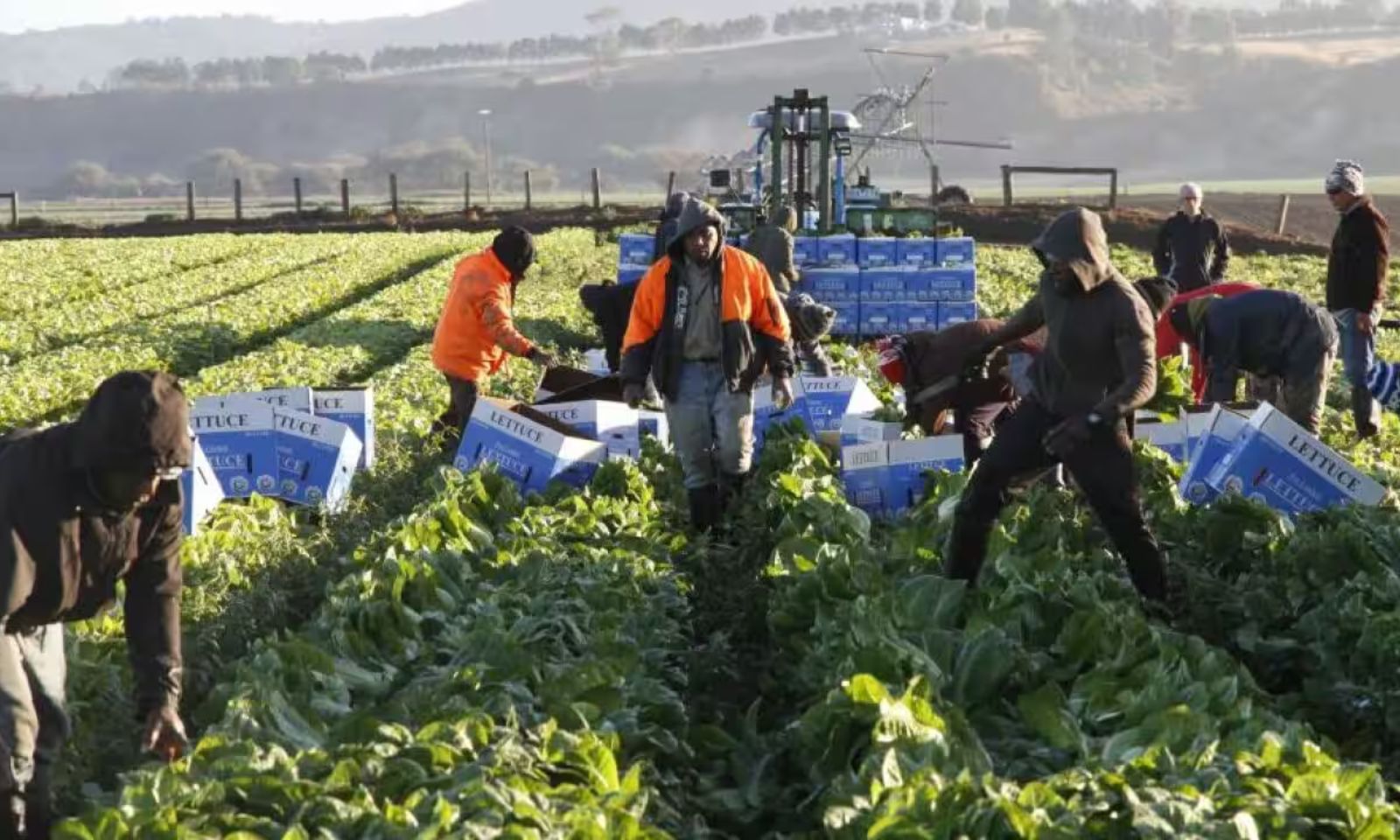

Power to Win author and Living Wage campaigner, Lyndy McIntyre.
Photo/supplied
Living wage campaigner leads criticism of minimum increase
Lindy McIntyre says the government’s minimal pay hike for workers is mean and pathetic, and the lowest in recent years.



Ōtautahi's 1 Drop Nation celebrates brotherhood and legacy in new music




Lineup for Miss Pacific almost complete after Fiji, PNG crown queens

Ōtautahi's 1 Drop Nation celebrates brotherhood and legacy in new music


The author of a book about the importance of Living Wage campaigns says the government's "mean and pathetic" minimum wage increase is "the lowest in a long time".
A Living Wage is the income necessary to provide workers and their families with the essentials of life.
It enables workers to live with dignity and to participate as active citizens of society, according to the Living Wage Aotearoa New Zealand campaign.
Since April, the minimum wage has been $23.15 an hour, a two per cent increase from last year's $22.70, yet is $4.65 lower than the current living wage.
From 2014 to 2023, minimum wage increases ranged from 3 per cent to 7, with 2013 being 1.85 per cent, slightly lower than 2024's increase.
Power to Win author and Living Wage campaigner, Lyndy McIntyre, has worked with several workers’ unions in Aotearoa and Australia since the 1990s.
Between 2015 and 2020, she was the community organiser for the Living Wage Movement Aotearoa NZ.
Speaking to William Terite on Pacific Mornings, the E tū life member and NZEI Te Riu Roa associate fellow called this year's minimum wage increase unimpressive.
She said although the Living Wage movement wais not politically aligned, during Labour's last two terms, the minimum wage saw dramatic spikes.
"We got started under a National government in 2011," McIntyre said.
"There wasn't an appetite from John Key or Bill English after him for the living wage. They were quite happy with the wages of low-paid workers.
"But we still thrived and we built a people's movement under that government."
She said Labour's following reign saw dramatic increases in the minimum wage, where between 2018 and 2023, its lowest increase was 4.76 per cent while its highest was 7.27 per cent.
McIntyre said steering the minimum wage closer to a living wage made a big difference in people's lives and she was disappointed with the coalition government.
"To see first of all see the repeal of the Fair Pay Agreements Act which would have brought higher wages and better conditions for workers in Aotearoa.
"But also we've seen a very mean and pathetic minimum wage increase [which is] the lowest for a long time."
Additionally, the increase doesn't match the Ministry of Business, Innovation and Employment's suggestion of four per cent, which would've brought the minimum wage to roughly $23.6.
Initially, Workplace Relations and Safety Minister Brooke van Velden recommended 1.3 per cent as the best response to the current challenging economic environment.
"It's just not enough," McIntyre said.
"It doesn't keep up with the movement of wages. It doesn't keep up with the CPI. It doesn't keep up with the cost of living.
"It keeps workers like cleaners, security guards and others lower paid factory workers, supermarket workers - It keeps those workers in poverty."

Pacific workers are among the lower-paid workers in Aotearoa. Photo/supplied
Power to Win
McIntyre began researching and writing her book in 2020 which talks about the Living Wage campaign through the voices of workers, activists, and various leaders.
She said what continued to prevail with low-paid workers were the long hours, to make ends meet.
McIntyre added that Pacific workers were the lower-paid workers, eight per cent of New Zealand's population.
"So, Pacific people are over-represented in very low wages and very low wage jobs."
She said many Pacific workers benefitted through the living wage campaigns.
"One group of Pacific workers were the Auckland Council cleaners [where] one of them was an E tū delegate called Malia Lagi.
"She was typical of the hard-working cleaners at Auckland Council on only a few cents more than the minimum wage. [She was] not being valued for the incredible job that they were doing working through the night."
McIntyre said after several years, they won their Living Wage campaign at Auckland Council, and Malia, alongside the other cleaners, moved on to a living wage, "transforming her life and the lives of others".
She said after 12 years of working with various unions and low-paid workers, it was time to tell the success stories that had transformed the lives of thousands of Kiwis.
"The book is about building community power to win better wages so that people can have decent lives and participate in society.
"The message is that if we unite together and campaign around lifting the wages of low-paid workers then we can win those campaigns and we have."